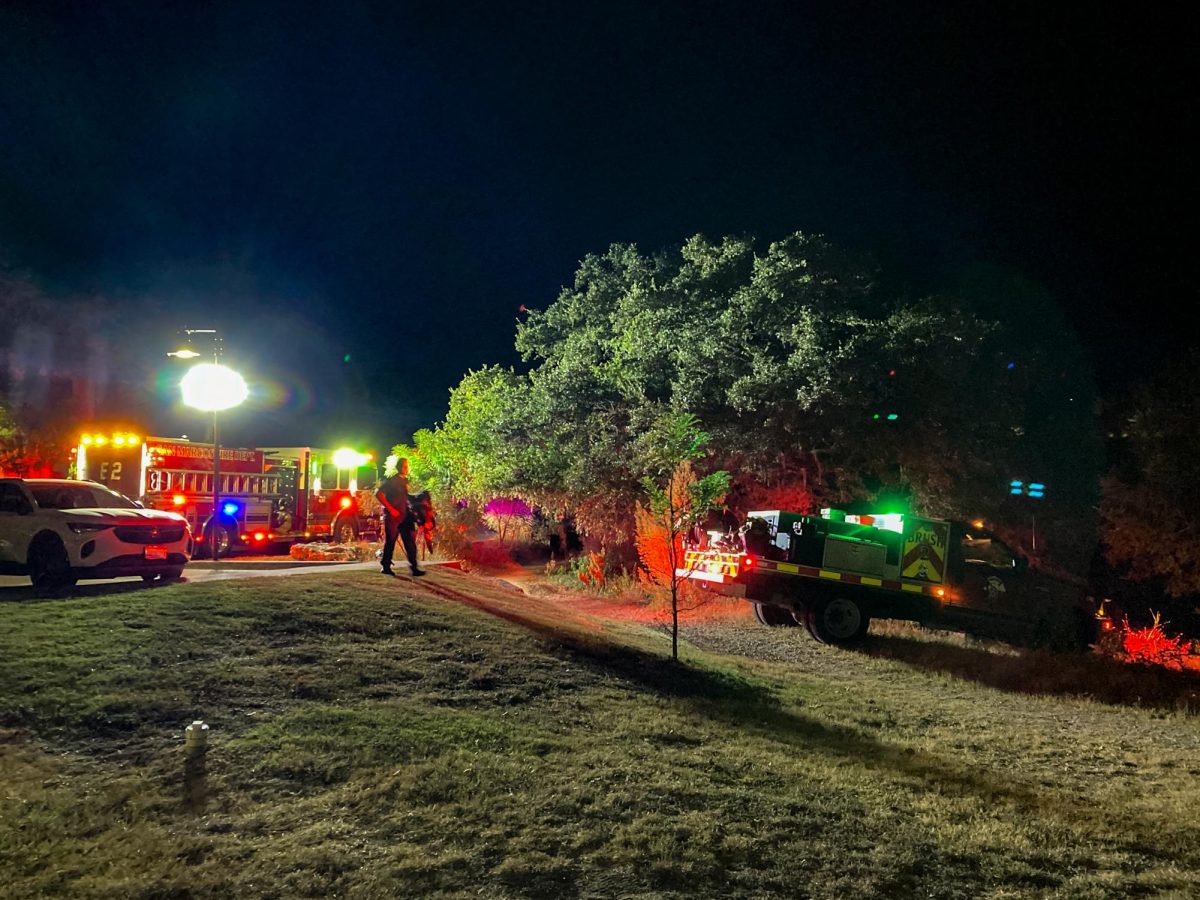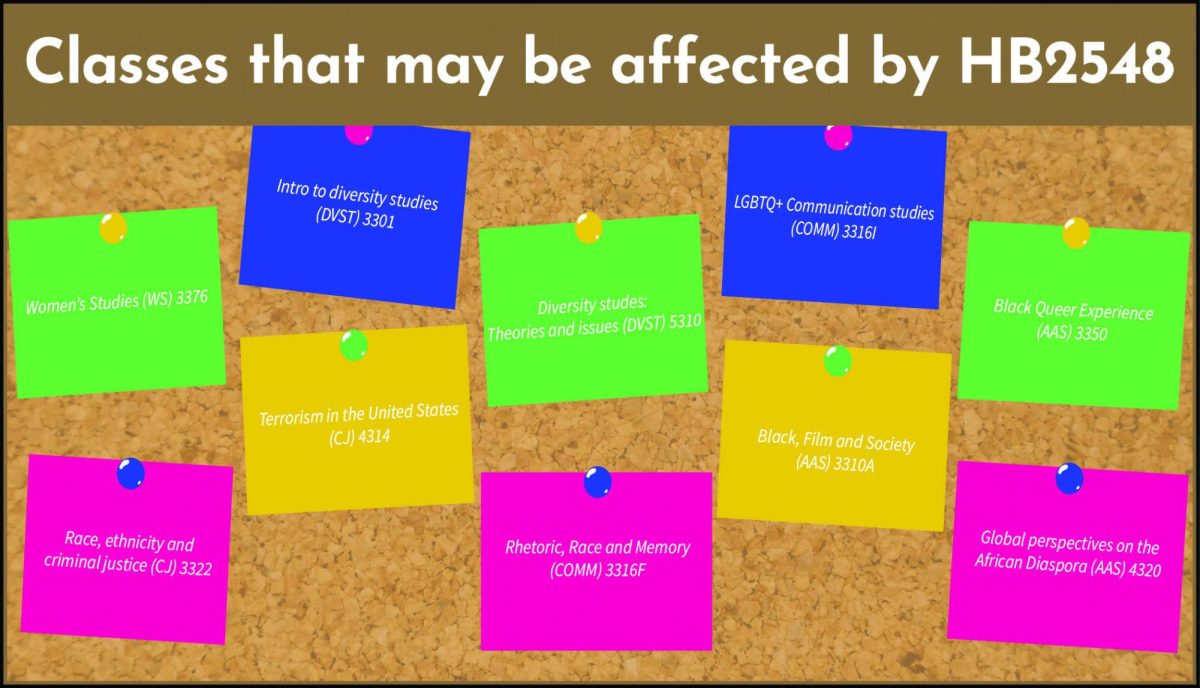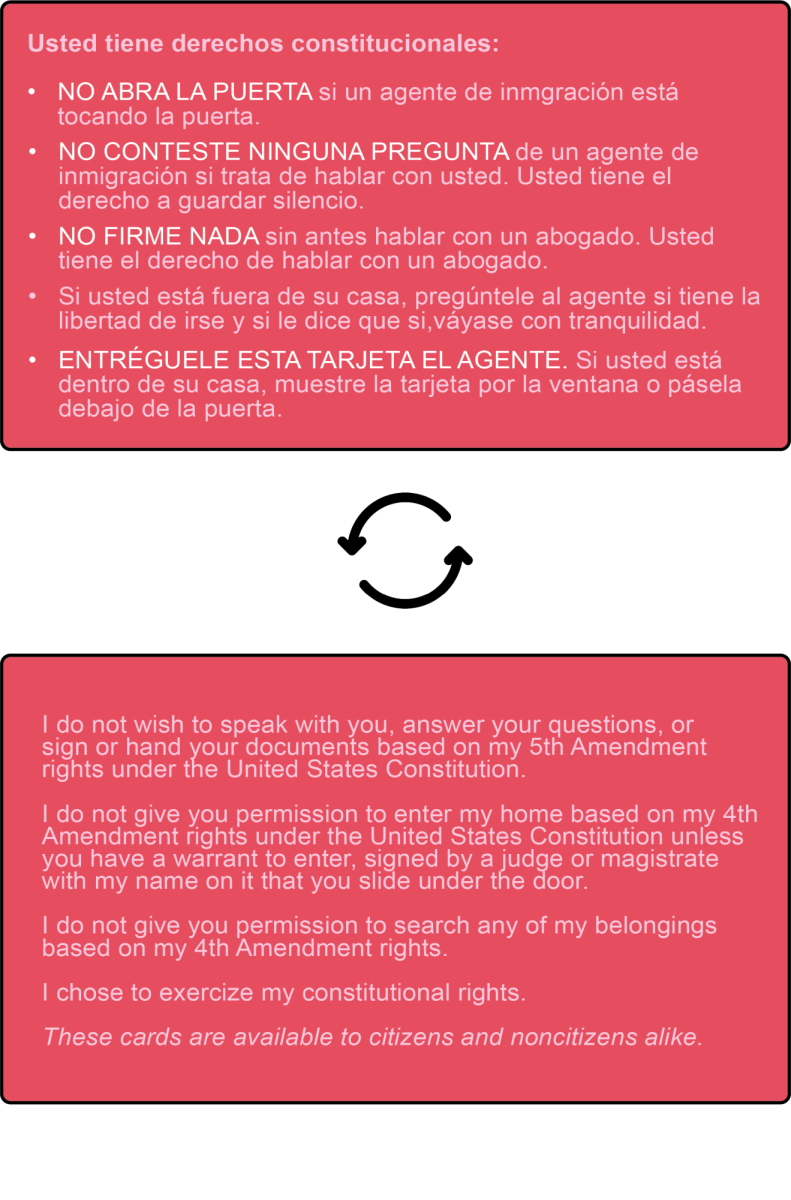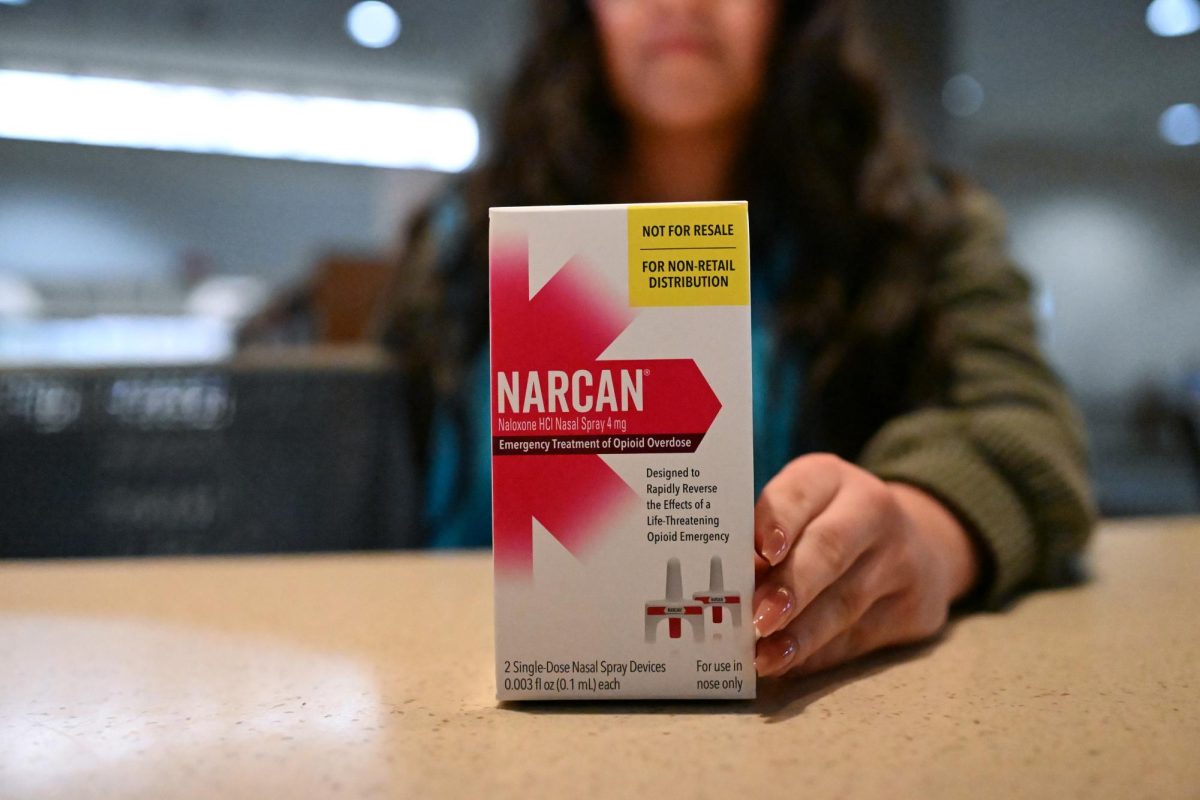Students and faculty on college campuses nationwide who have been affected by sexual discrimination and assault have university protections under what is referred to as Title IX.
Title IX is part of the federal Education Amendments Act of 1972 which prohibits discrimination on the basis of sex, gender, gender identity, gender expression and sexual orientation in any federally funded educational program or activity. Sexual harassment and sexual violence, which are considered to be forms of discrimination, are included within the policy.
The policy is intended to not only define prohibited sexual conduct, but establish guidelines in processing Title IX complaints, allowing for the issuing of sanctions and providing available resources to victims of discrimination.
Texas State’s Office of Equity and Inclusion manages the university’s Title IX programs and oversees and investigates claims of discrimination and sexual misconduct on campus.
Title IX Coordinator and Assistant Director to the Office of Equity and Inclusion Alexandria Hatcher, who was appointed to the position last month, is responsible for overseeing Title IX compliance. Hatcher said the goal of Title IX at Texas State is to ensure a safe environment for all at the university.
“It is important for all individuals, especially individuals from marginalized communities, to feel safe on campus,” Hatcher said. “Our main goal is to sustain a safe work and educational environment for everyone here at Texas State.”
Although suggested to contact the police first, the Office of Equity and Inclusion takes reported incidents of sexual misconduct or information about an incident to the Title IX coordinator. However, under the policy, all employees of Texas State are required to report any incidents of sexual misconduct to the Title IX coordinator.
Texas State administrators, faculty, staff and student workers are considered to be employees. Upon determination that the employee failed to report a complaint or a false report was made, the employee will be terminated.
Victims are not required to report their instances of sexual misconduct, but the Counseling Center, Student Health Center and Attorney for Students are available to listen to students. These offices are defined as confidential sources and are only required to report the type of incident to the Title IX coordinator unless there is an immediate danger to the victim or another person.
Texas State is required to publish a report log that details reports received from both confidential and nonconfidential sources.
The report logs for September 2019 to December 2019 are currently posted on the university’s website. They show that 505 confidential and non-confidential reports were made within the four-month period, 229 of which were allegations of rape and statutory rape mostly revealed by confidential sources.
Despite the total number of reports, the numbers do not indicate the total number of official Title IX complaints made. According to the Office of Equity and Inclusion, during that period, only 173 complaints were made in which 70 were listed as a sexual assault or rape.
Hatcher said if an official complaint is made to the Title IX coordinator and it is determined that it warrants further evaluation, a thorough investigation will be pursued.
“The university is obligated to provide a prompt, thorough and equitable investigation of any report of sex-based discrimination, sexual harassment or sexual violence. This obligation remains even in the absence of a formal complaint,” Hatcher said.
According to the Rape, Abuse and Incest National Network, the nation’s largest anti-sexual violence organization, 11.2% of all students experience rape or sexual assault through physical force, violence or incapacitation. Among undergraduate students, 23.1% of females and 5.4% of males experience this type of misconduct.
Timothy Scott is an Equity and Inclusion analyst that processes and investigates Title IX complaints at Texas State. Scott said Texas State has yet to match these statistics.
“If 23% of undergrad women experience rape or sexual assault, that means 4,594 women on the campus of Texas State University will be victimized, and 5% of males would equal 697 victims,” Scott said. “For the 2019-2020 academic term, we haven’t received reports that would total 5% of those numbers.”
According to Scott, this could mean Texas State is either operating well below the average or the overwhelming majority of incidents are not being reported. Scott suggests it is more likely that incidents are not being reported.
“Considering that almost 90% of all reports received by the Office of Equity and Inclusion end up being closed due to the complainant not coming forward to initiate a formal investigation or because the report was not a Title IX issue to begin with… I would conclude that most reports are not being made,” Scott said.
Scott said 47% of victims were either freshmen or sophomore women. Their perpetrators, on the other hand, are not as easily identified, because 50% of reports do not identify the person or the person is not affiliated with the university. Most of the rape reports include an unaffiliated perpetrator.
However, with this year’s reports-to-date, Scott said 57% of the perpetrators listed in the reports knew the victim prior to the incident.
If the Title IX coordinator believes a complaint warrants an investigation, Title IX staff will reach out to the complainant to gather additional information on the incident and inform them about the university policy and offer resources. Staff will then contact the alleged perpetrator to let them know there is an investigation pending and will notify them of their rights.
During the investigation, staff will collect evidence and perform interviews from both parties, which may include possible witnesses. The information will then be compiled into a written report.
If the staff finds there was a violation of the Title IX policy, the appropriate administrator will be notified and either party can choose to appeal the findings or proposed sanction, or the perpetrator may make an appeal for a lesser sanction.
Possible sanctions depend on the gravity of the staff’s findings. If the perpetrator is a faculty or staff member, the person may be terminated, reassigned, temporarily suspended without pay, barred from future employment or a promotion or pay increase may be withheld.
If the perpetrator is a student, sanctions may include expulsion, suspension, academic or disciplinary probation, expulsion from campus housing, disqualification from student employment positions, revocation of admission and/or degree or the student may be barred from readmission.
Title IX investigations are separate from criminal investigations. If the victim chooses to file a police report, additional punishments could be placed upon the perpetrator should they decide to prosecute.
Scott said if a significant amount of time has passed since an incident occurred, witness statements may not be as helpful. In many cases, victims will delete anything that involves the perpetrator to avoid fixation; however, some of the best evidence that establishes credibility are text messages, direct messages, phone logs, screenshots, pictures and videos. If the case is severe, photos of injuries and an exam with a sexual assault nurse examiner can stand as corroborating evidence.
“What happens between two people when they are alone can be hard to judge, which is why keeping records of what happened after the event, and if you can remember, writing down a log of what happened prior to the event can go a long way,” Scott said.
Student Health Center Health Promotion Specialist Kelsey Banton said when trying to learn more about how these incidents happen, we should be asking the victims of sexual violence directly.
“I just want to be clear that when we talk about how (victims) experienced those interactions with people, I think often times we don’t ask the people who’ve experienced it, and hearing their voices and letting their voices come to the forefront is really important.”
Read more information or to submit a complaint visit the Office of Equity and Inclusion official website.
Assistant News Editor Daniel Weeks contributed to this article.
Categories:
Title IX explained
March 4, 2020
The Office of Equity and Inclusion is located at the JC Kellam Administration Building near Moon Street and Sessom Drive. The office manages Title IX programs as well as claims and investigations regarding sexual misconduct and discrimination.
0
Donate to The University Star
Your donation will support the student journalists of Texas State University. Your contribution will allow us to purchase equipment and cover our annual website hosting costs.
More to Discover




















